Lifestyle
10 Things Americans Find Strange About Japanese Social Etiquette
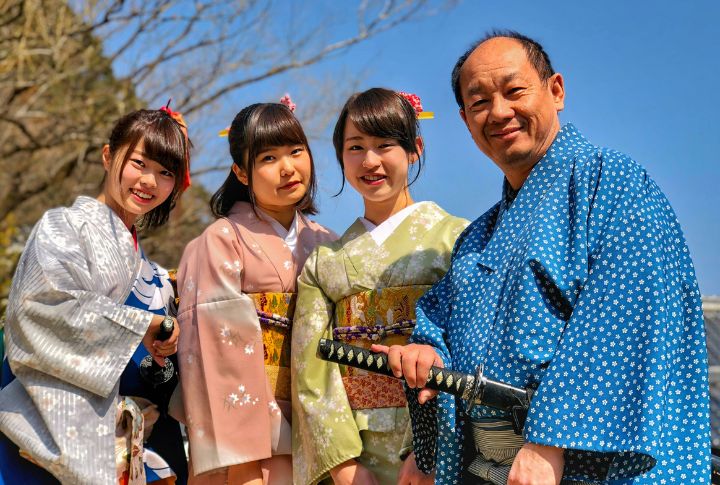
Culture shock doesn’t always come with fireworks—it can sneak in through a bow, a shoe rack, or an unexpected silence. For many Americans, Japan’s social etiquette feels like a quiet puzzle wrapped in centuries of tradition. Get ready to feel politely confused in the best way.
No Tipping Means Respect For Service
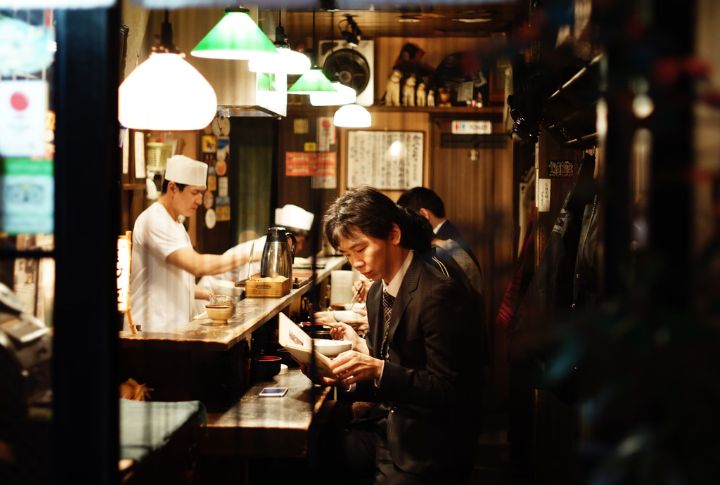
In Japan, tipping isn’t expected and can even be seen as awkward or impolite. Service workers take pride in doing their jobs well without needing extra rewards. This comes from omotenashi, a cultural value of offering genuine hospitality. If you want to show appreciation, a simple thank you is enough.
Bowing Replaces Handshakes
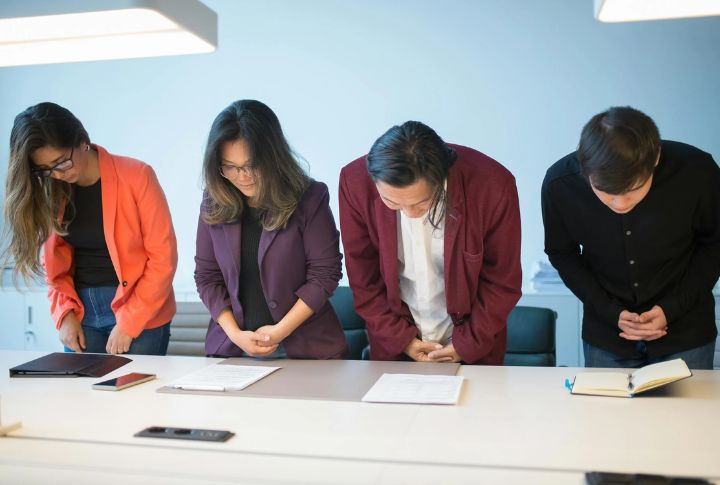
Bowing is Japan’s standard way to greet or apologize. A slight bow works among friends, while a deeper bow shows respect to elders or in formal settings. Unlike handshakes, bowing avoids physical contact, which reflects cultural values around personal space and social awareness in both public and private life.
Removing Shoes Before Entering Homes And Some Businesses
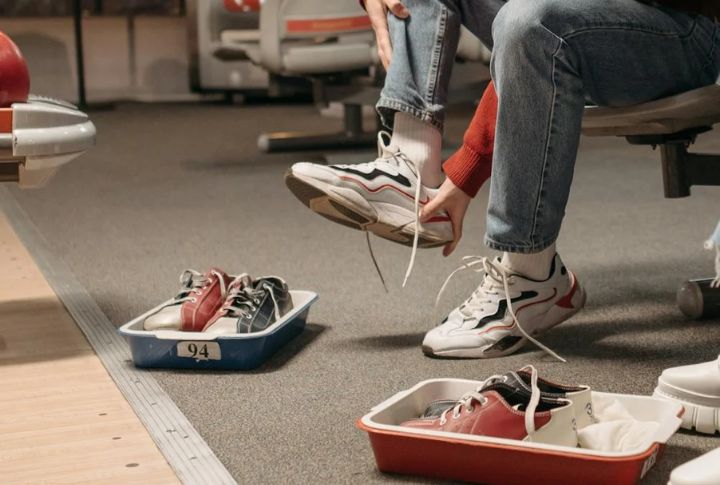
Shoes are always removed before going indoors to keep the space clean and show respect. At many entrances, slippers are neatly placed for guests to use inside. Following this simple practice demonstrates politeness and helps you take part in an important tradition in daily life.
Silence Is Valued In Public Spaces

Even in packed trains or elevators, people stay quiet out of courtesy. Loud conversations or speakerphone calls without headphones are discouraged. This quiet behavior reflects meiwaku—a cultural value focused on not disturbing others. For American visitors, the silence may feel unusual, but it plays a key role in daily Japanese social harmony.
Handling Money With Both Hands Shows Politeness

Using both hands to give or receive money signals humility and respect. It reflects cultural awareness and adds intentionality to the exchange. In many traditions, the gesture conveys gratitude and attentiveness—small details that can elevate even the most routine transactions into moments of genuine courtesy.
Eating While Walking Is Considered Rude

Many people in the US like eating snacks while walking, but in Japan, this is usually seen as rude. People there prefer to stop and eat quietly to express appreciation for the food and the surroundings. Good manners and social awareness come through when sitting or standing still when eating.
Silence On Mobile Phones In Public Places
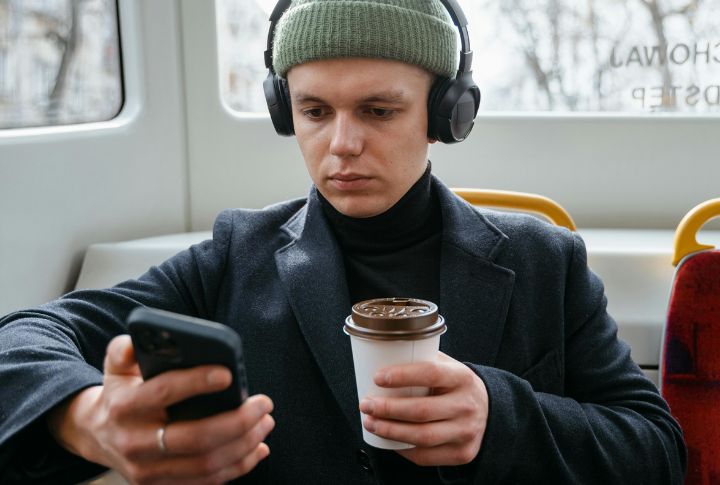
In Japan, public spaces require silence, so phones are kept in vibrate mode. Loud conversations or music disturb the calm that locals value. When taking calls, moving to a separate, peaceful spot reflects consideration for others. This practice also helps maintain peace and harmony in busy areas.
Silence And Minimal Eye Contact Show Respect

Eye contact holds different meanings across cultures. In the United States, direct eye contact signals honesty, whereas in Japan, lowering one’s gaze signifies respect. Moments of silence and pauses in conversation convey thoughtfulness and a sense of humility. Familiarity with these customs enables visitors to avoid misunderstandings and blend more naturally into social settings.
Polite Speech And Formal Language Are Expected

In Japanese culture, respectful language matters. Speech shifts based on who is present, especially elders or strangers. Polite words may feel unusual at first, but they signal care and support good connections. Certain phrases like “gozaimasu” and honorifics such as “-san” show the speaker’s awareness of social rank and formality.
Separate Slippers For Bathrooms Are Mandatory

Indoor slippers are common in homes; however, bathroom slippers are used separately. This practice also prevents germs from spreading between rooms and ensures cleanliness. Observing this rule aligns with local hygiene standards and demonstrates careful attention to important cultural traditions.

